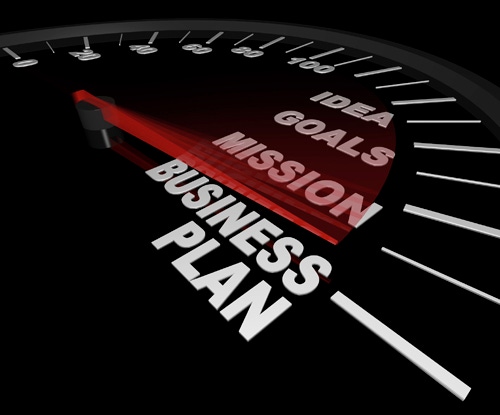An entrepreneur starting a venture needs both mental fortitude and clarity to realize his or her vision, writes Richard Meyst, president and CEO of a medical design and product development firm.
February 2, 2015

With more than 25 years in business providing medical product design and development to the medtech industry, Fallbrook Engineering has seen a wide array of medical device startups succeed as well as fail.
Whether your product is a simple disposable or a complicated computer-controlled therapeutic system, the secret to developing a successful device is simple – there is, in fact, no secret.
With a detailed plan supported by an undying enthusiasm and the knowledge that you will likely have to work hard for a long time, a successful venture and a new product brought to market is wholly attainable.
Here are five practical points for medical device startups to consider in order to achieve success:
|
Richard Meyst, president and CEO, Fallbrook Engineering |
1.Start with a clear idea of what you consider “success”
Whether you are an individual doctor/inventor with a brilliant product idea to patent and then sell, or a startup with more long term goals in mind, it is important to know exactly what you want to accomplish. A clear roadmap with an exit strategy is key to have from the beginning.
Have a clear picture in your mind of what success is and outline a realistic plan to reach that point.
2.Build your team and your budget according to the size and complexity of your project
Determine how your company should be structured through every stage of the project’s development. Develop a value proposition to share with investors and update as appropriate, and find the right group of people to work on your project within your budget.
Be thrifty and don’t waste capital on unnecessary luxuries before you achieve your definition of success. Establish a seasoned board of advisors, and make sure to leverage their expertise. Many startups bring on an experienced board of directors but sometimes don't fully use them.
3.Be prepared for the unknowns
Even with the most meticulous and thoughtful planning, your project will take longer and cost more than you ever expected. Budget your plan but be prepared for any potential hurdles, such as technical complexities that were unforeseen, or protecting your intellectual property with costly and time consuming litigation.
You can plan for some “unknowns”, but it is impossible to plan for unknown unknowns. That is why mental fortitude is needed.
4.Hire experts
As legendary oil well fighter Red Adair once said - “If you think it's expensive to hire a professional to do the job, wait until you hire an amateur.”
Experts who can help you efficiently navigate complicated stages of development are not luxuries, they are necessities. Use the best resources you can find and work with people who do this all the time, not once in a lifetime.
5.Funding is critical
You can have everything else (the product, the team, the IP, the market, the facility, the distribution channel, the regulatory pathway and so on) but without the money to get it done, all those may as well be meaningless.
Get professional help raising capital given how difficult the fundraising environment is. More importantly, plan to get more money than you think you will need, because you likely will need it.
-- Richard Meyst is president and CEO of Fallbrook Engineering. He will share his advice on how to run a successful startup as a speaker at MD&M West, Feb. 10-12, in Anaheim.
You May Also Like



